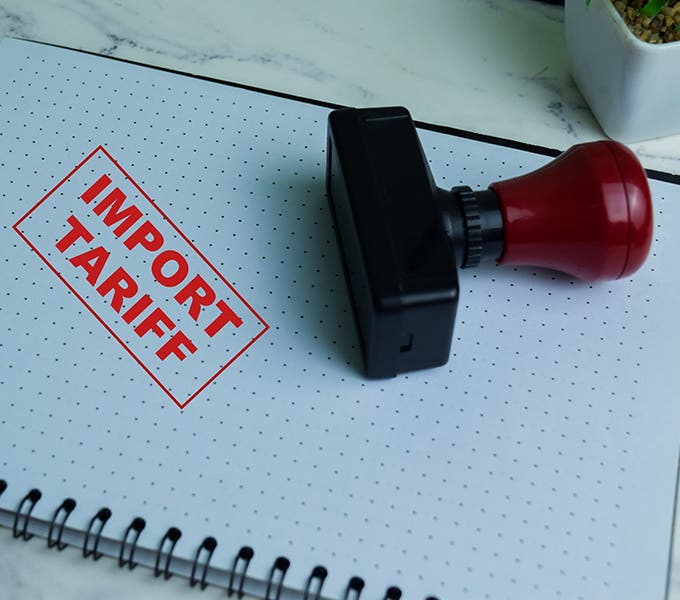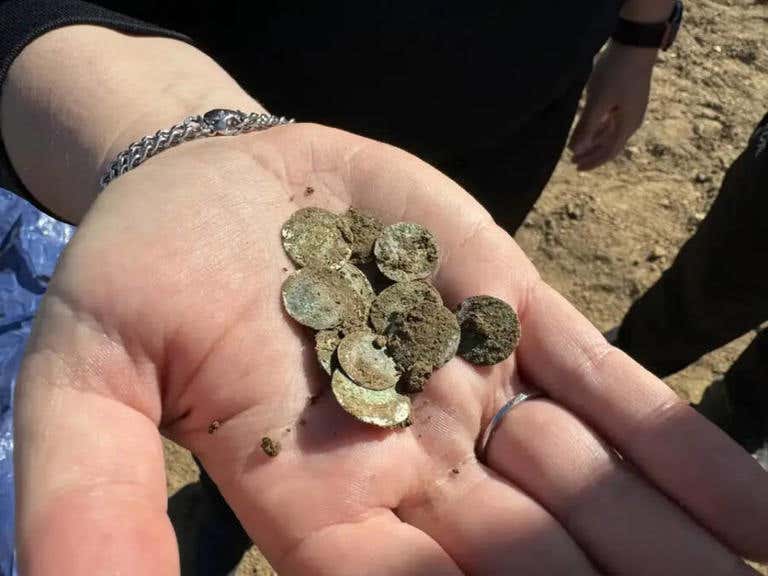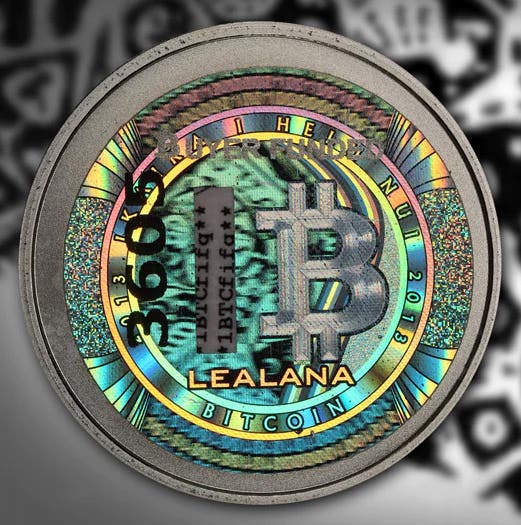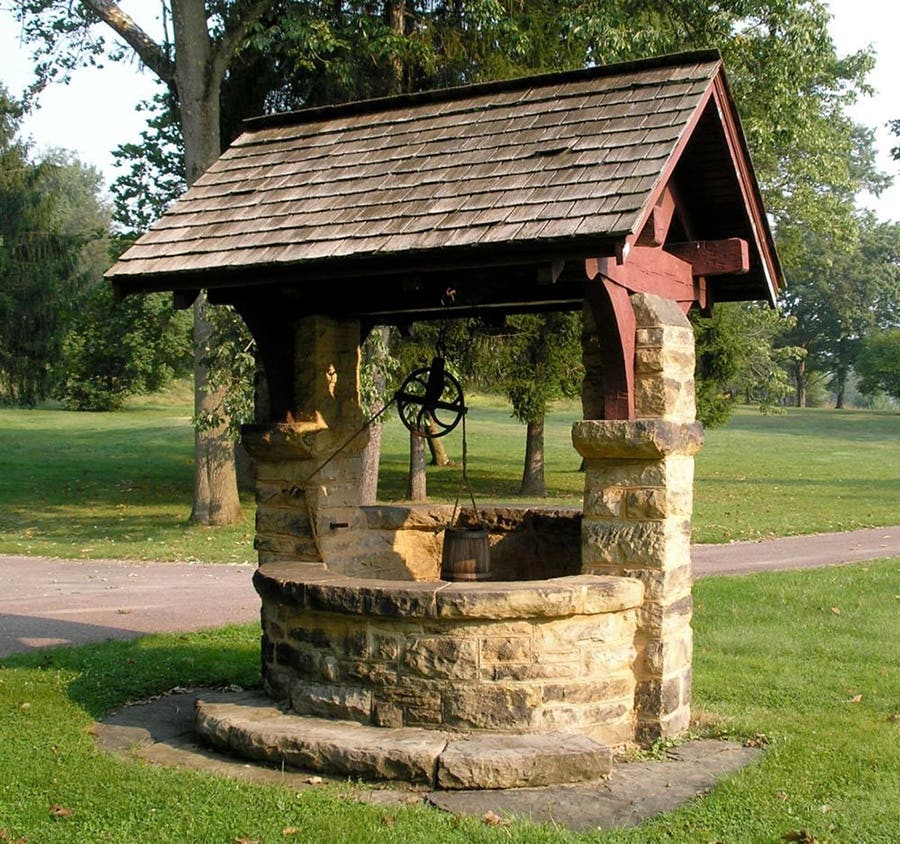What Is the Real Price of Silver?
By Paul Malone Two of my bullion dealer friends were lamenting recently about their inability to find adequate supplies of silver. One of them related that if he has to…
By Paul Malone
Two of my bullion dealer friends were lamenting recently about their inability to find adequate supplies of silver. One of them related that if he has to get silver Eagles from his supplier, the price is $12.50 over spot per coin. He added that generic silver 1-ounce rounds can still be had at $3.40 over spot, but delivery is a month out or more. The other dealer had just been quoted $4.50 over spot for a 100-ounce bar. Meanwhile, silver’s “paper price” continues to languish near $25.
I’ve heard many comments about commodities traders, none of which are complimentary.
One of the above bullion dealers has said that the total amount of silver sold every day in 5,000-ounce contracts on the exchanges exceeds the amount of silver that actually exists above ground. These traders are selling product they don’t have in quantities that may not exist. This should be illegal.
After reading Patrick Heller’s recent explanation of the Mint’s silver shortages in Numismatic News (April 26 issue, Page 32), I have to wonder if any commodity can be obtained physically from an exchange. Can one get physical delivery of soy beans, pork bellies, or wheat? Or are those contracts also settled with checks?
I propose the creation of a new commodities exchange. But first, we need to move all of the old ones to Las Vegas. These are for those traders who have no interest in price discovery and/or physical delivery of any product. They’re only interested in gambling on the price. Let’s call it the “Fantasy Commodities League.” This exchange would be a no-holds-barred organization in which physical delivery is prohibited. Traders in this league would be encouraged to sell things they don’t own, in quantities that don’t exist.
The new, real Commodities Exchange would do the opposite. Physical delivery would be required, and nobody would be allowed to sell anything they don’t have.
In a nutshell, the problem is that “the house always wins.” If you own the casino and the regulators, then you can make your own rules. And when things aren’t working to your advantage, you simply change the rules. The problem isn’t short-selling. It’s the abuse of short-selling.
None of this is “news,” and I must admit to you that the amount of stuff I don’t know is absolutely staggering. The exchanges have operated this way for a long time. The Chicago Board of Trade was formed in 1848. Was it “legal” to substitute cash for physical delivery during, say, the Civil War? When did it become a casino? I apologize for this over-simplification of a very complicated subject. Perhaps default is the only cure, but if sellers aren’t required to deliver physical product, how could a default ever occur? Perhaps I see a problem where there is none, but the “paper price” of silver is currently meaningless. It appears that we can throw that number into the scrap heap with all the other meaningless numbers we’re being fed.
Paul Malone is a collector from Forest Lake, Minn.
To have your opinion considered for Viewpoint, email submissions to numismatics@aimmedia.com.








